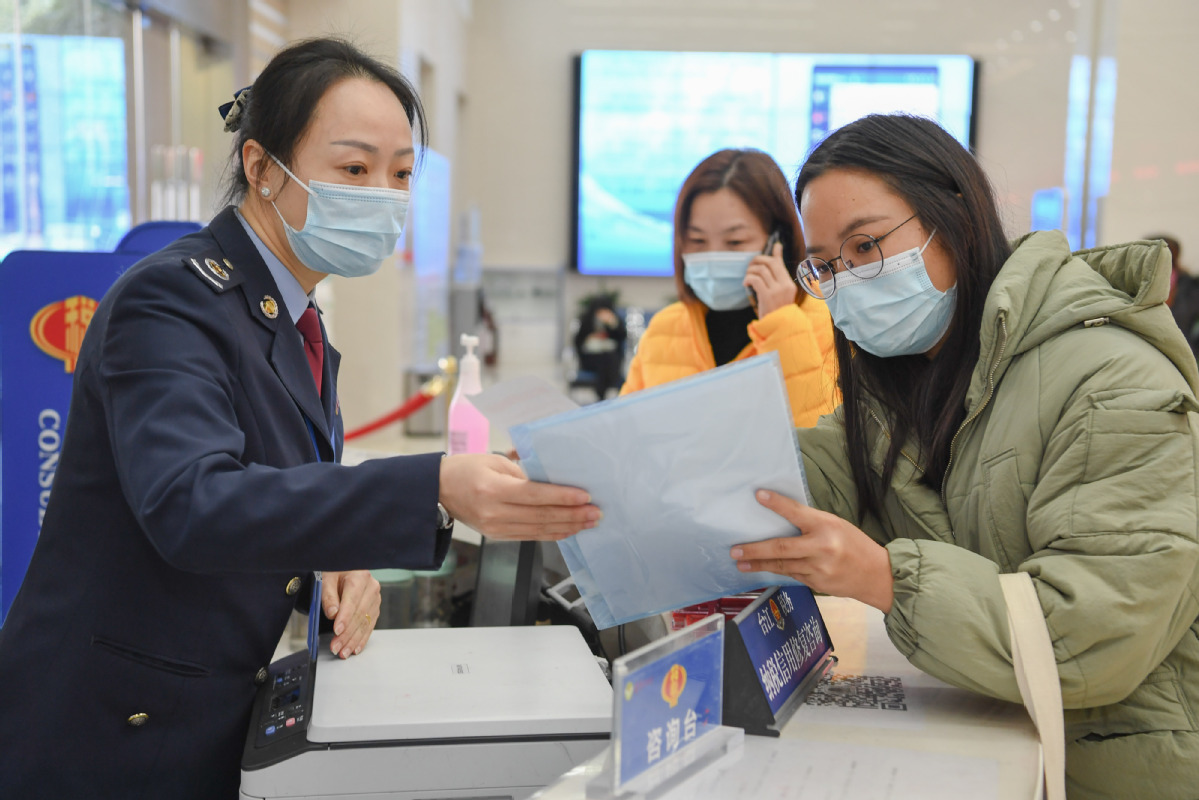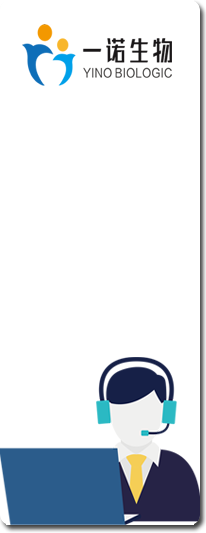 A taxation bureau official (left) answers a taxpayer's queries in Fuzhou, capital of Fujian province. [Photo/XINHUA]
A taxation bureau official (left) answers a taxpayer's queries in Fuzhou, capital of Fujian province. [Photo/XINHUA]
China will adopt a broad range of digitalized measures to regulate tax collections and optimize tax payment services through 2025, officials from the State Taxation Administration said on Monday.
Starting from the nationwide reform of using electronic invoices, the STA will promote the use of big data technologies for tax collection, and build a smart and digitalized tax system with higher security. The system will be able to provide customized services to individual taxpayers, including online services, according to Ren Rongfa, deputy head of the STA.
The nation will build a new regulatory system of tax collection, which will include taxpayers' credit information and risk analysis, to further improve the accuracy of tax supervision, Ren said.
Last week, top policymakers issued a guideline that aims to deepen tax reforms to better serve market entities. The guideline said that China expects to see deeper integration of tax law enforcement, services and regulation, along with intelligent big-data applications and the universal use of electronic invoices through 2025.
By the end of this year, as the guideline plans, a unified electronic invoice service platform will be established, which can offer 24/7 free services including invoice application, issuance, delivery and inspection.
China will also issue the national standards for electronic invoices, to promote electronic invoices in railway, civil aviation and other fields. By 2025, the country expects to use electronic invoices in all fields, which will help reduce institutional transaction costs, according to the guideline.
Rao Lixin, chief auditor of the STA, said the tax authorities will explore and establish a national unified tax collection and management service platform based on the cloud computing technology, as well as a national unified electronic taxation bureau.
The STA official pledged to protect business secrets and personal privacy of taxpayers, while strengthening intelligent big data analysis for tax collection. The big-data analysis of tax collection will be leveraged to predict economic development situations and help improve social management, Rao said.
The setting up of a new tax supervision system will ensure national tax security and provide a more fair and high-quality business tax environment for legitimate enterprises, according to the STA officials.
Big data technologies will also be helpful for real-time verification and monitoring of the invoice issuance process and help prevent illegal actions, such as tax fraud, at an early stage, said Rao.
In addition, the high-level guideline said the country will explore the application of blockchain technology in areas such as the collection of social insurance premium, real estate transactions and the registration of immovable properties, while expanding its use in information sharing related to taxes and fees.
Policymakers also called for joint efforts and cooperation between government departments, including the public security bureaus, to improve tax collection and management, as well as boosting judicial protection and cross-border collaboration.





